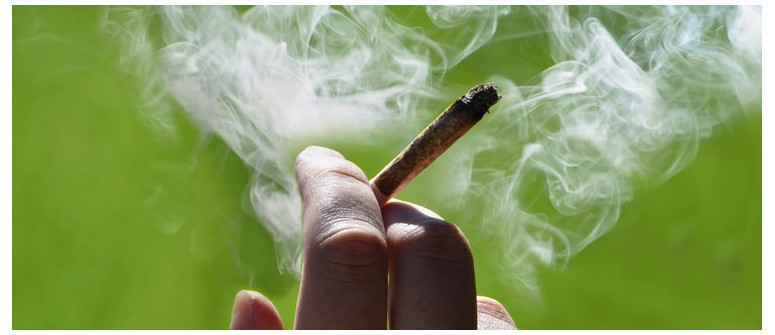Health effects of smoking marijuana vs tobacco

Both marijuana and tobacco smoking are socially stigmatized, but when it comes to health, which one is worse? Let's take a look at the impact smoking these substances has on one's body.
Some people view marijuana smokers as non-productive drains on society, while others frown upon cigarette smokers because of the effects of secondhand smoke.
Marijuana smokers often boast that their drug of choice is much safer than cigarettes, while cigarette smokers may believe tobacco to be better than smoking an illicit substance.
It's true that both tobacco and marijuana have certain effects on health, but probably the biggest advantage marijuana has over tobacco is that users don't have to smoke it to reap its benefits. In this article, we will dive into the effects tobacco and marijuana smoke have on human health.
THE 411 ON SMOKING

For many years, humans have been working with fire. As time progressed, evidence suggests that homo sapiens started to develop genetic adaptations to better expel and break down toxins from smoke at a safe rate.[1]
While this seems pretty cool, this has brought about other bad habits in humans, namely, inhaling smoke from burning plant matter directly into one’s lungs.
No matter the source, smoke can cause damage to certain cell processes in the body, which contributes to cancer. When different substances are burned, they release toxins, some of which are more harmful than others. Inhaling this smoke not only weakens the immune system and causes respiratory issues, but in some cases can disrupt one’s reproductive system.
SMOKING TOBACCO VS SMOKING MARIJUANA

When calling these two drugs into question, the smoke from marijuana is very similar to that of tobacco. As many of us are aware, smoking tobacco has a long and well-documented history associated with high risks of lung cancer, emphysema, heart disease, and high blood pressure.
On the whole, smoking cigarettes kills nearly half a million people each year in America.[2] The major impact on the lungs from smoking tobacco is the rapid development of destructive pulmonary disease, which makes smoking cigarettes the third most-preventable cause of death in the country. Unfortunately, cigarette smoke causes permanent and irreversible damage to cells in the body.
Though cannabis has shown promise in relieving certain symptoms, it isn’t off the hook this time around. Often, marijuana users inhale and hold the smoke in their lungs, which leads to harmful chemicals being deposited in the body.
As one might expect after inhaling hot, burning plant matter, marijuana can cause respiratory disturbances, including bronchitis and lung infections from damaged airways. It may also increase the chances of a heart attack because it raises your blood pressure and heart rate. Fortunately, the damage can be reversed if individuals stop smoking it.
ALTERNATIVES TO SMOKING MARIJUANA

The best way to minimize the risks of smoking marijuana is to either stop your consumption completely or use other, smoke-free methods to consume it. Luckily, the different ways a person can consume cannabis have evolved over the years.
Edibles, vaporizers, tinctures, and dabbing (which uses both vaporization and combustion) are just a few alternatives that are safer than smoking. Whichever route you prefer, it will be less damaging than inhaling smoke directly into your lungs.




